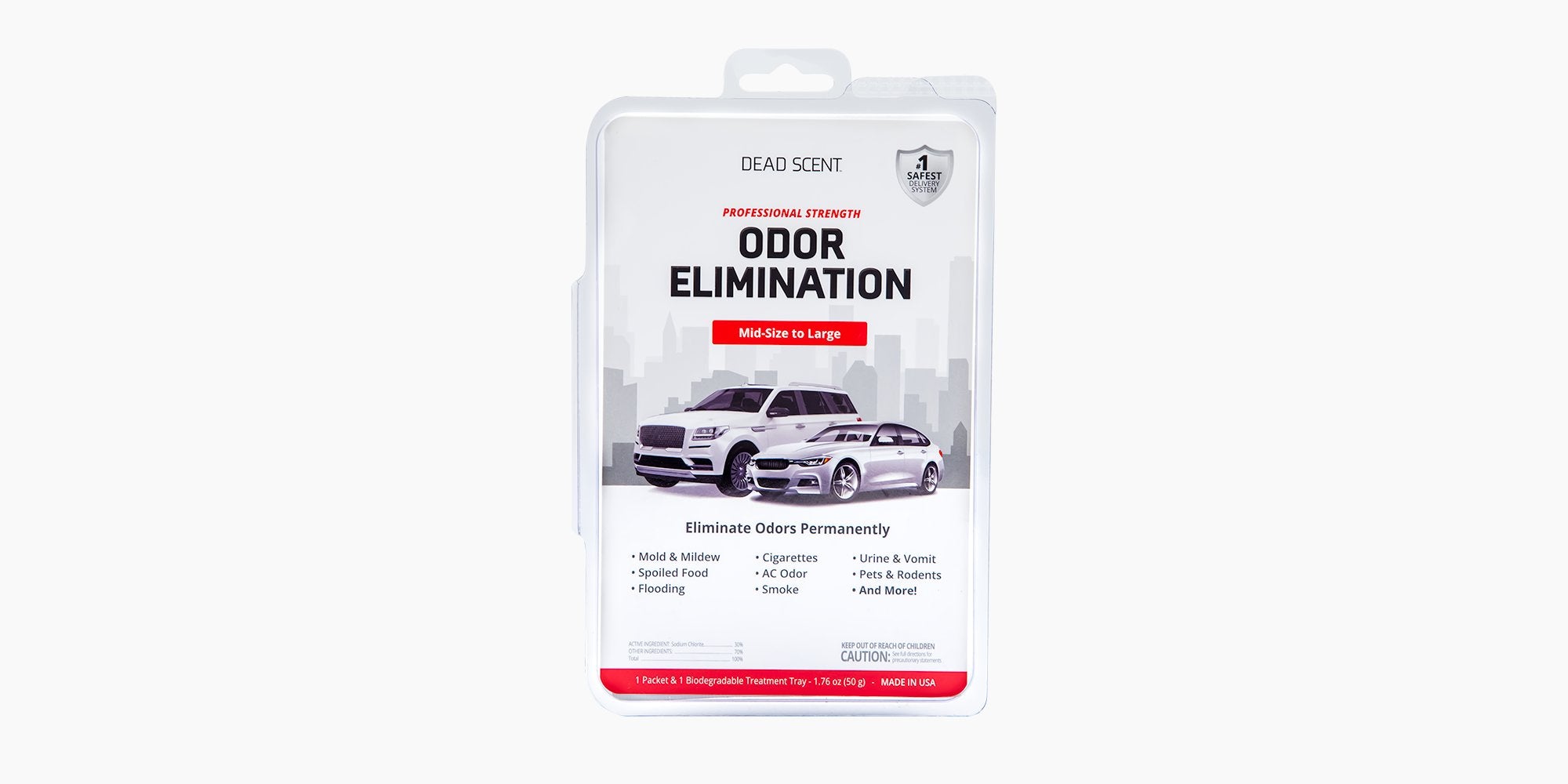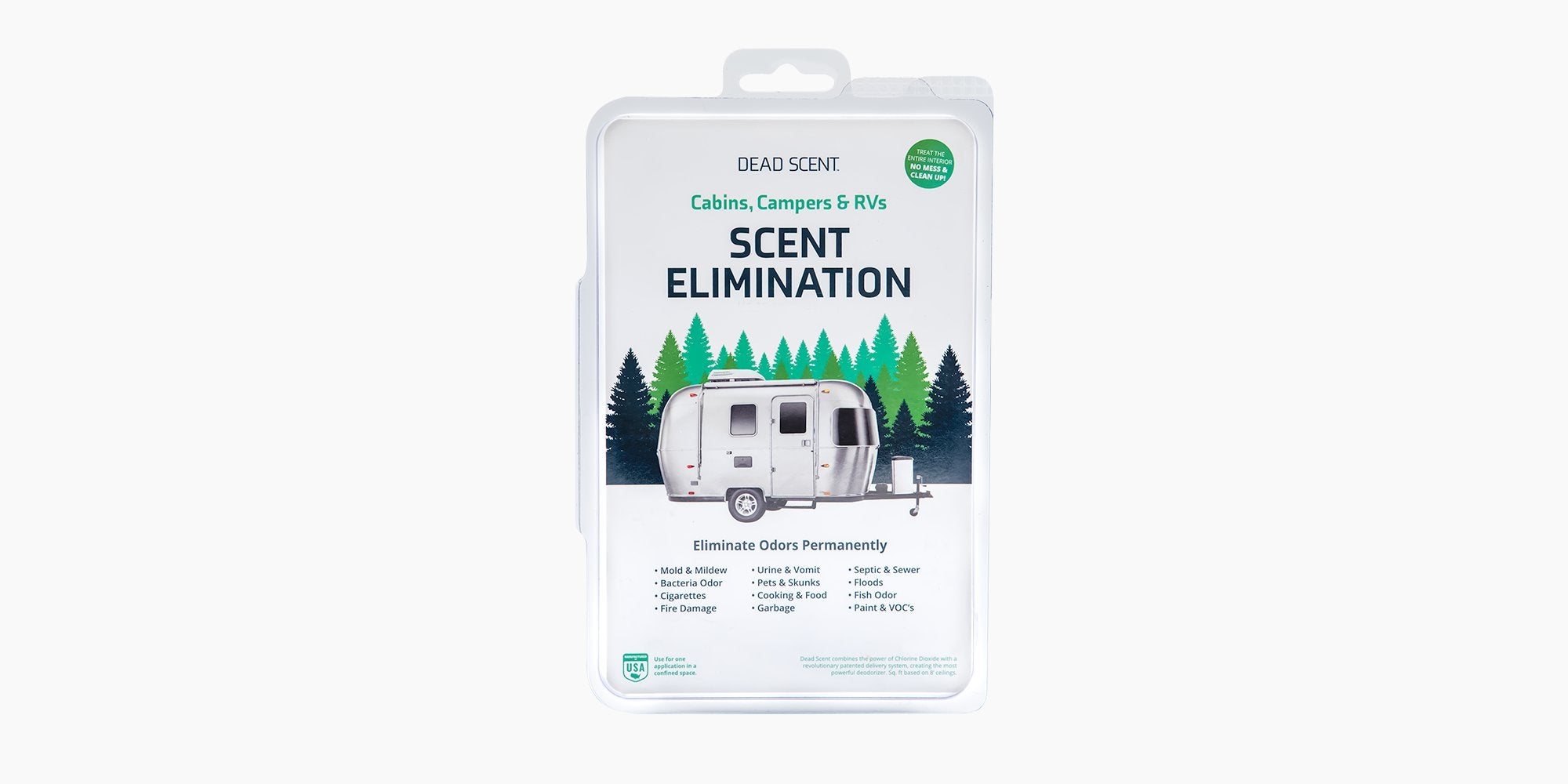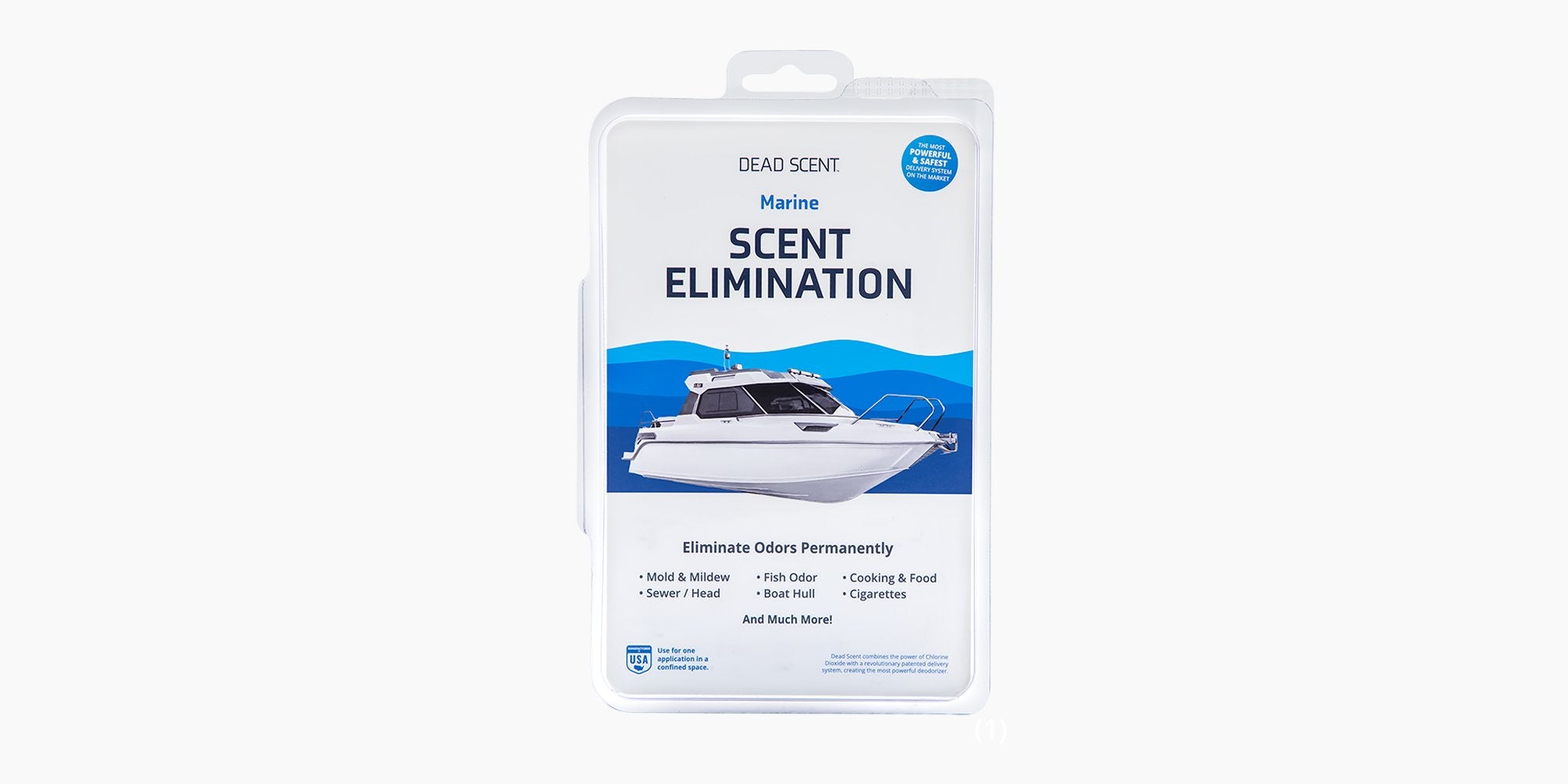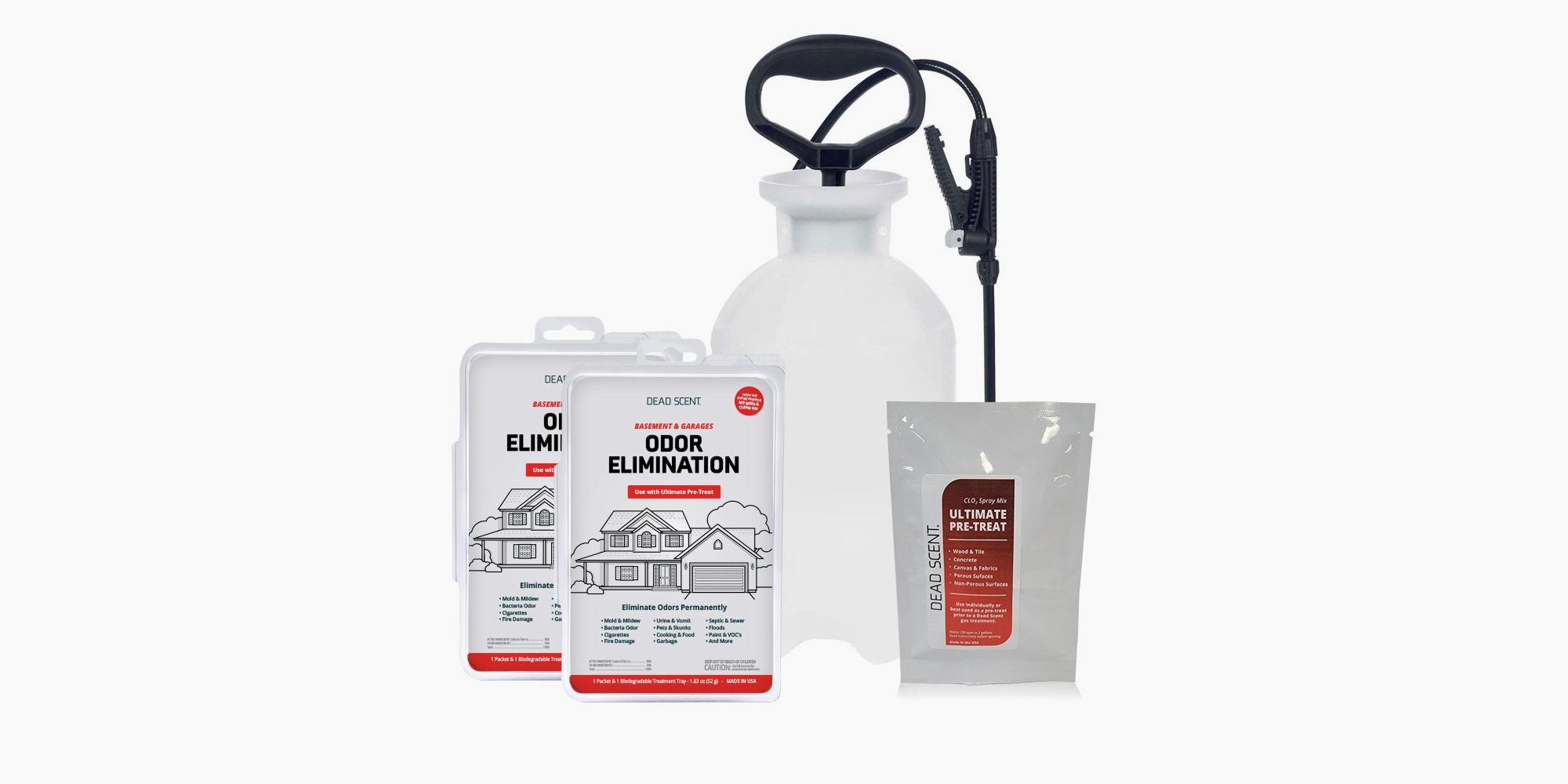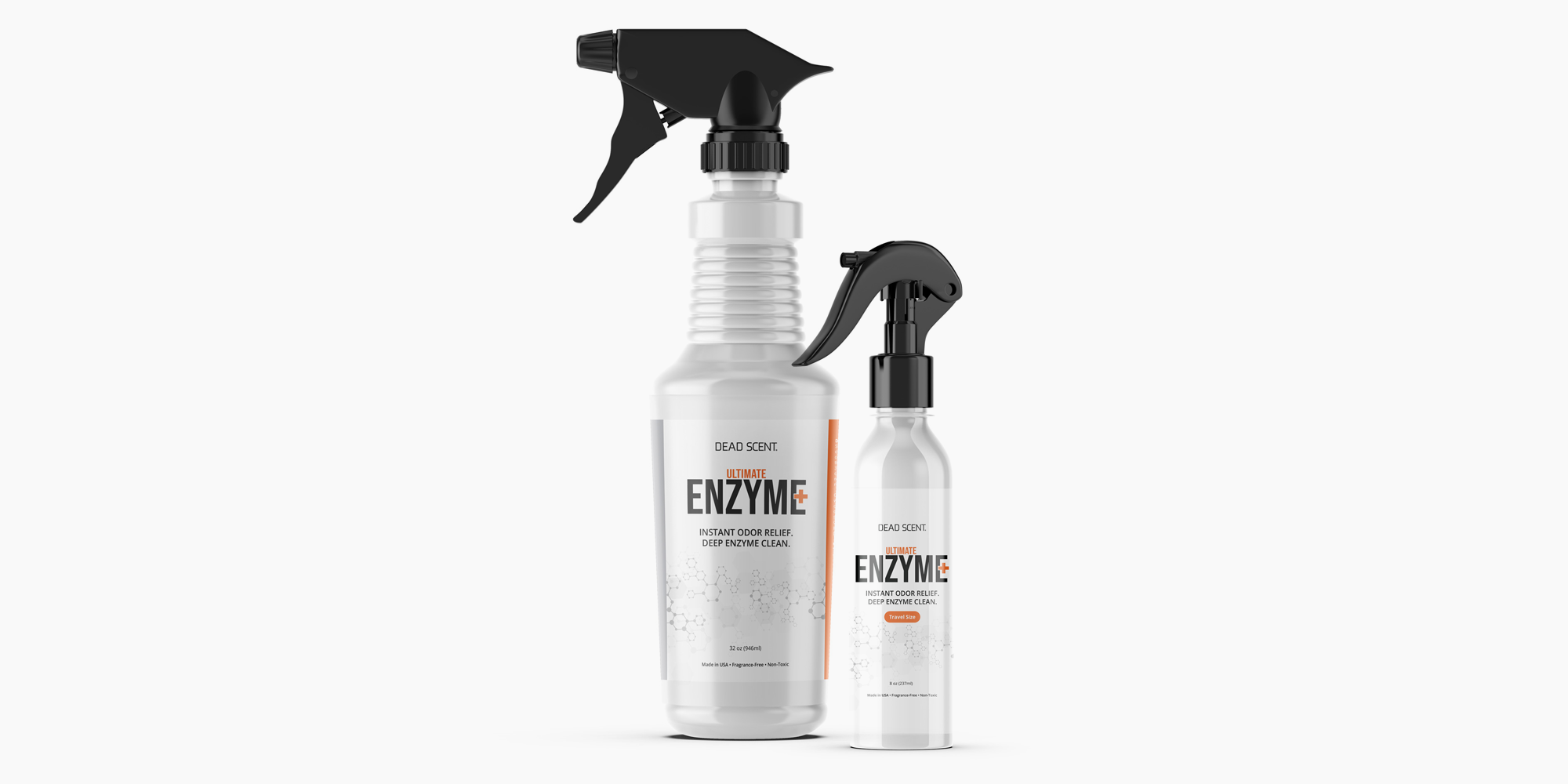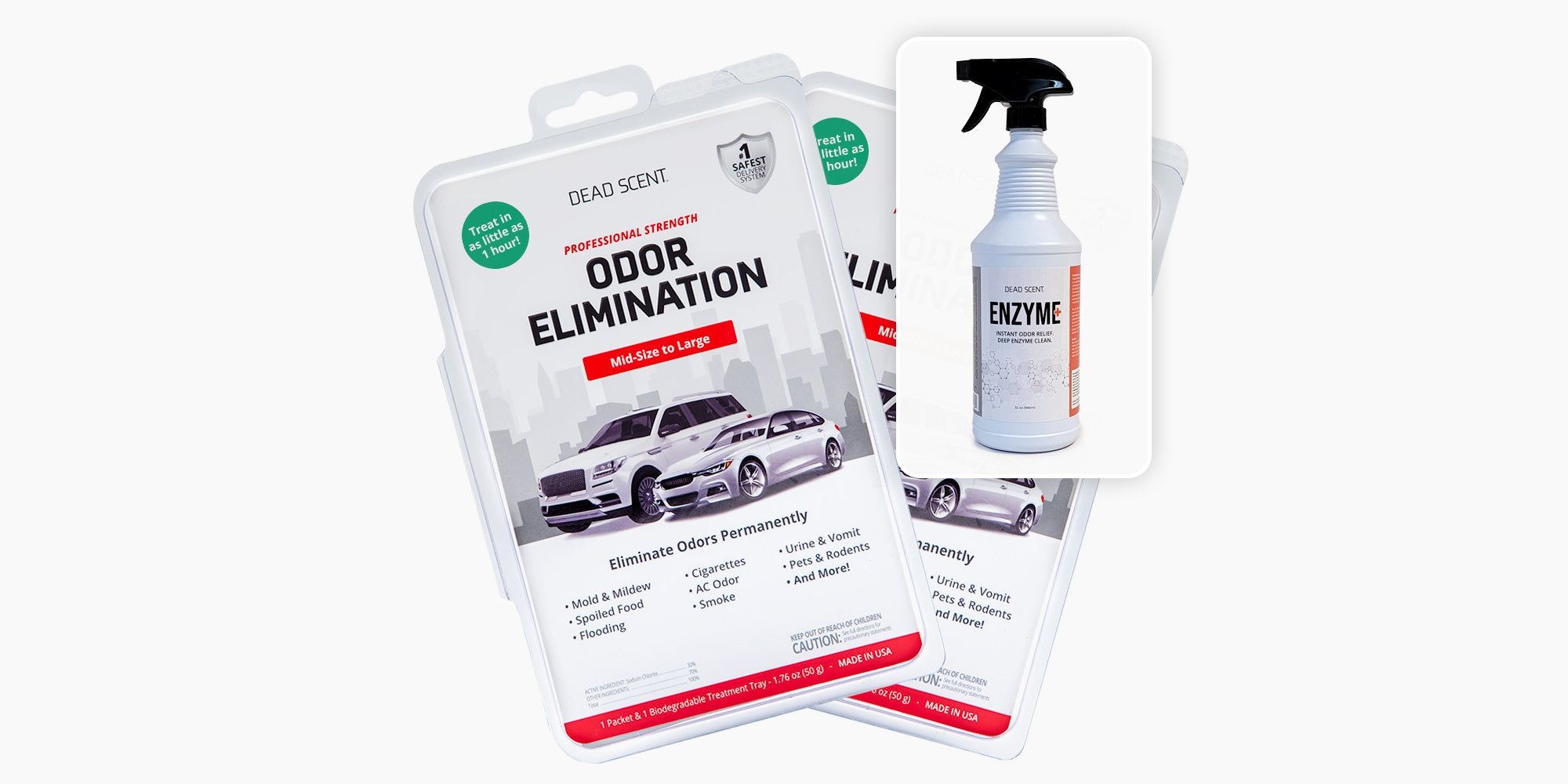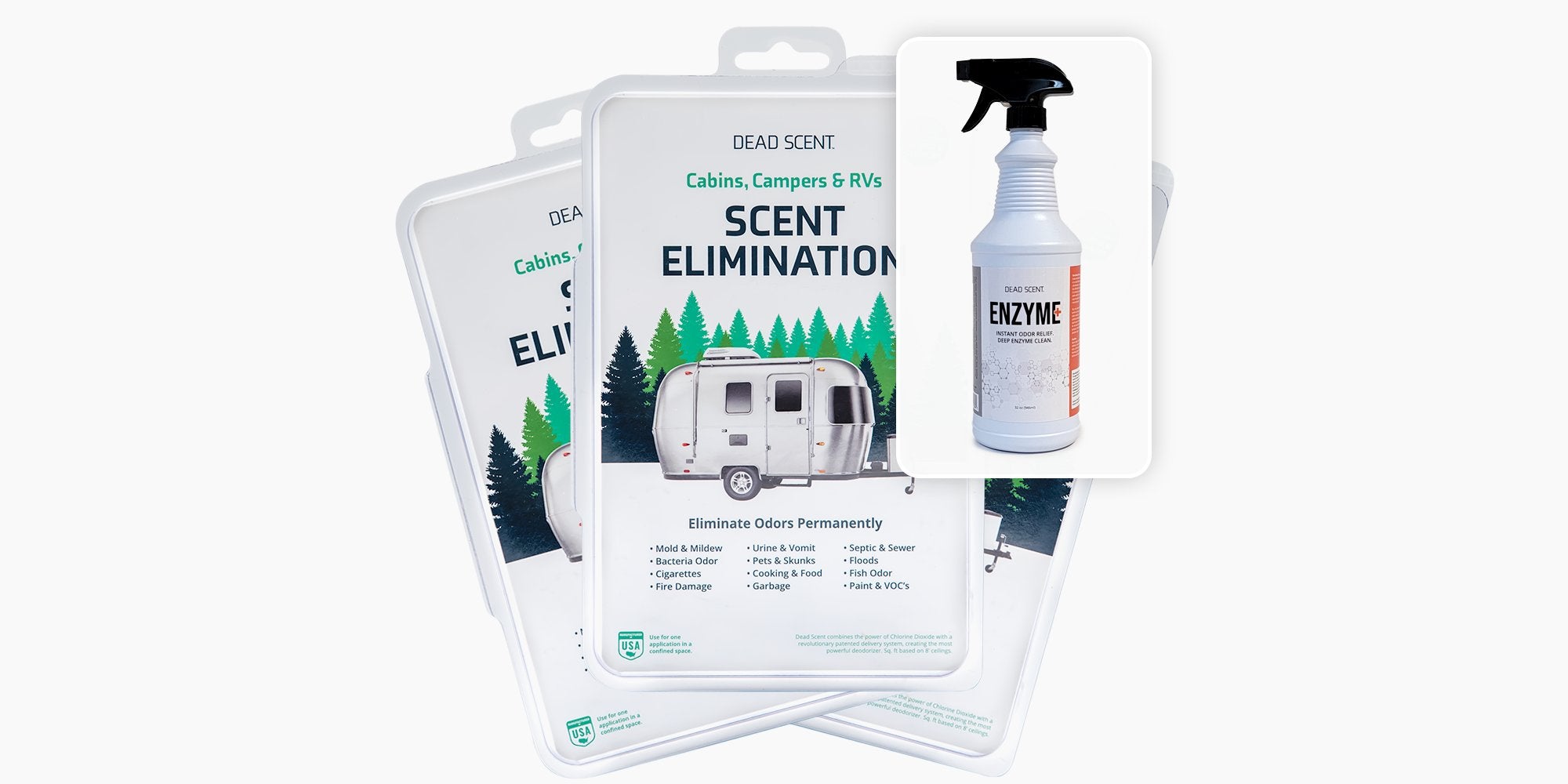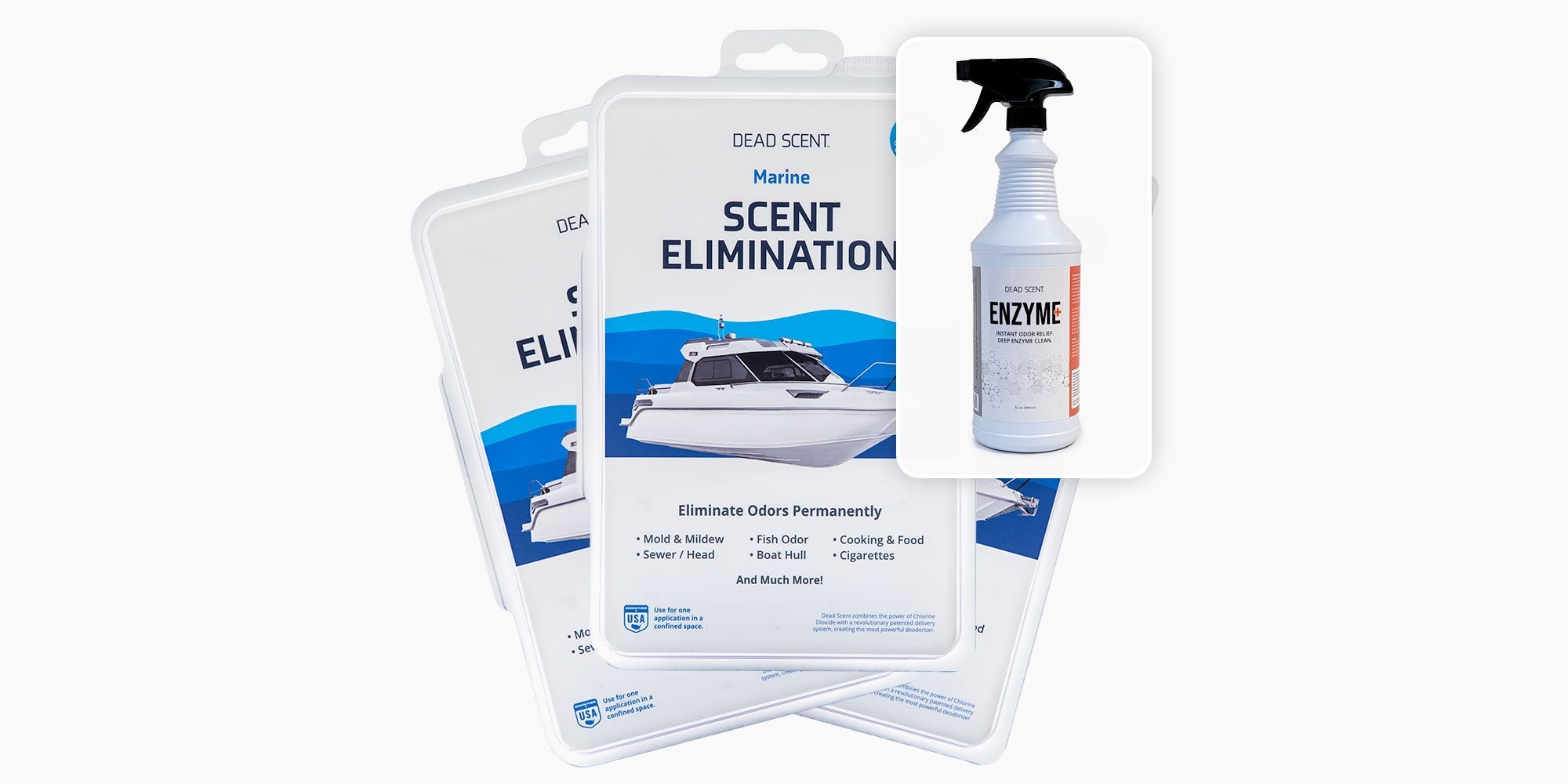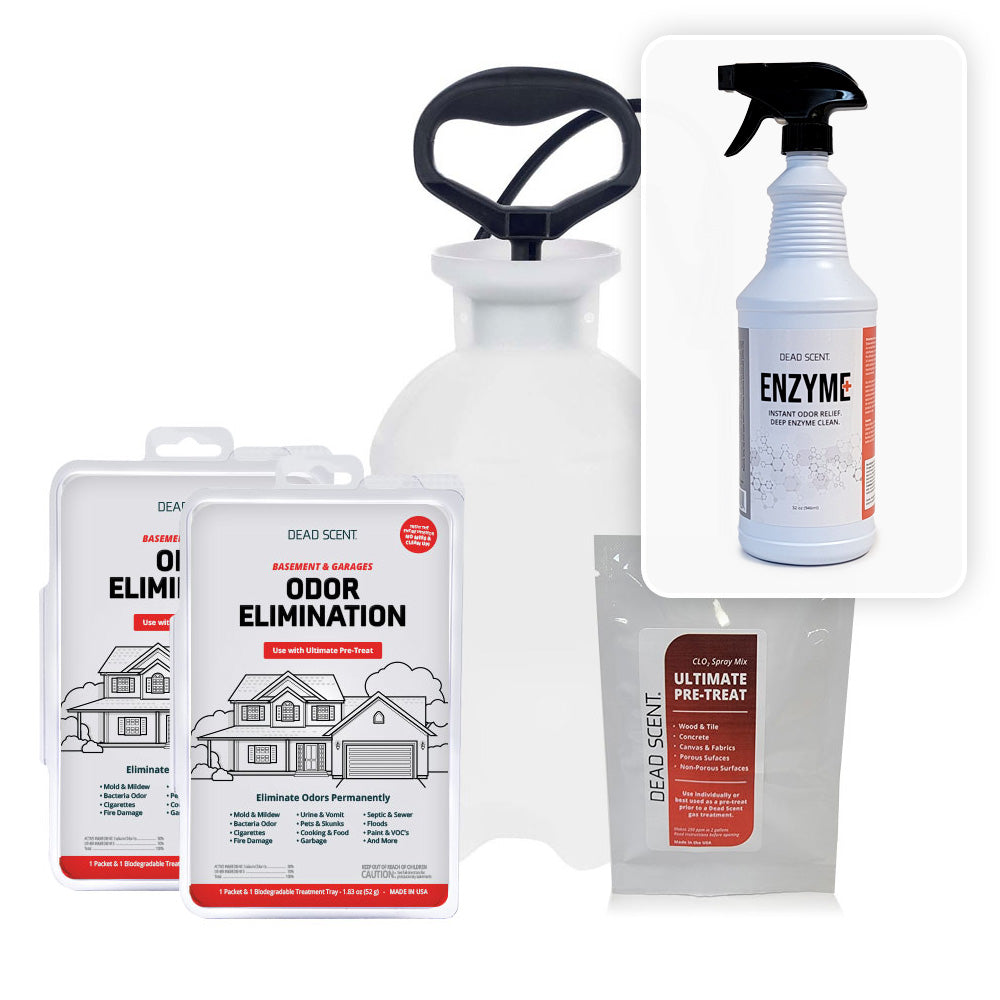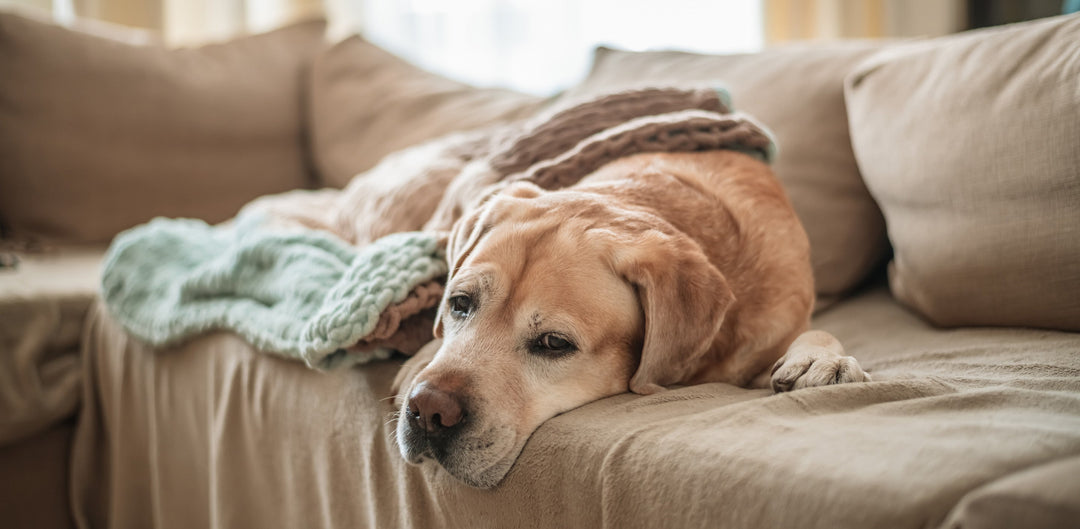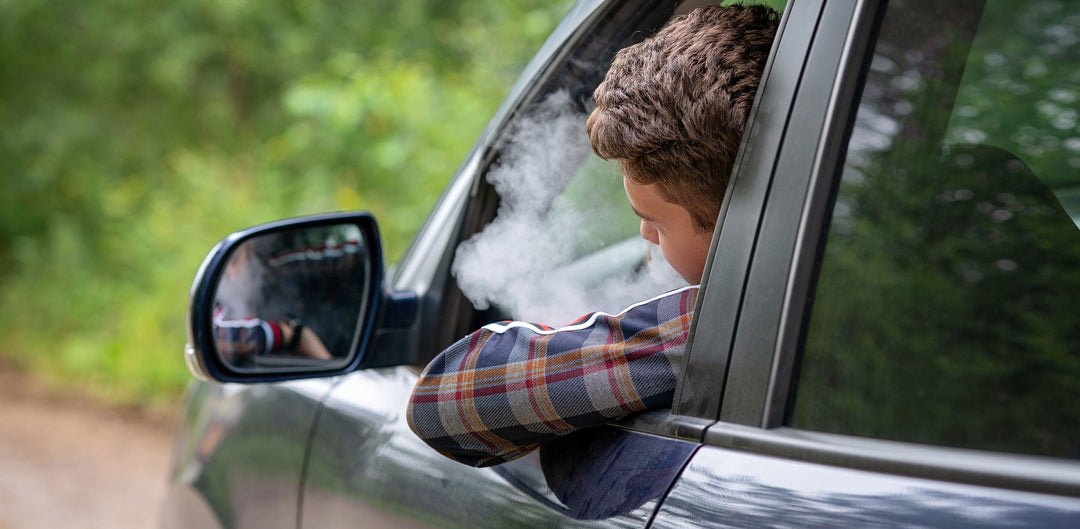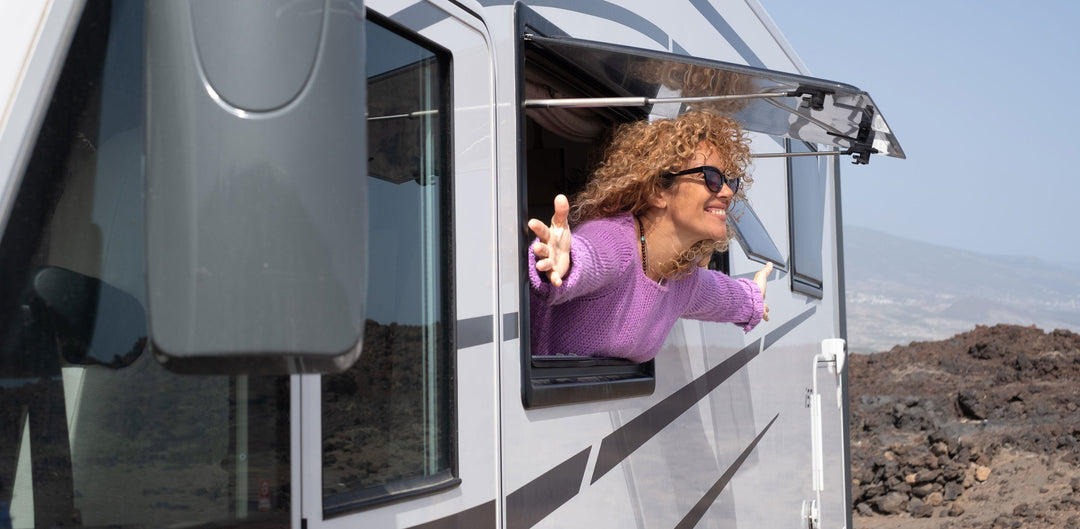Fooling the nose of a game animal is not an easy task, but the best hunters in the business know that scent control is the only way to truly take your hunting to the next level.
There is an art and a science to it. Knowing what you are up against can help you choose products that actually work, so you can make sure those tags get filled and your freezer stays full.
Is scent control worth it?
Wild animals often depend on their sense of smell for survival. Most big game animals have more scent receptors in their nose than dogs. That means they can not only smell better and farther, they can also distinguish smells better.
Imagine walking into a breakfast restaurant and being bombarded by all the smells of cooking food. The stronger, distinct smells you can pick out from other less distinct smells: coffee, bacon … maybe toast. The rest of the smells start to blend together.
Animals with a high number of scent receptors can distinguish each scent individually as well as the smell of humans and lingering scents from the previous night’s dinner.
You might be thinking, “Is scent control even worth it if an animal’s nose is so refined?”
Of course, it is. It’s even more important because a game animals’ sense of smell is so refined.
But, you need to know what actually works and what doesn’t. And to what degree different scent control options do work.
Understanding Scent Control
Those old monsters you dream of bagging didn’t get that big by being stupid. They are wise. A game animal’s wisdom comes from being in the wild for several seasons and having had numerous close calls (aka: near death experiences). These experiences have given them a wildlife resume that should not be underestimated, in fact we should respect it, if we ever hope to have a shot at harvesting them. That means, if they get a whiff of your human scent, they’ll be gone faster than a toupee in a hurricane.
Getting that old buck to come in good and close or fooling a team of wild hogs is going to take more than just a cover scent. You have to first reduce your body odors as much as possible. Otherwise, it’s like spraying air freshener without ever flushing the toilet. Because the animals you’re hunting can smell both you and the “cover scent” as two different and distinct smells you will need to do your homework and prepare to reduce your human scent while hunting. Let’s see how.
Types of Scent Control
There are three main types of scent control: attractants or lures, scent cover, and scent elimination.
There is a fourth scent control as well, the wind. Always hunt with the wind in your favor. It can be your greatest ally or your worst enemy.
That being said, you never know when game is going to circle around you and end up on your downwind side. This is where scent control really pays off.
- Attractants and lures
Scent attractants and lures can be quite advantageous when used correctly. Note this is different than hunting over bait. Attractants and lures are scent-based non-consumables that help bring game in closer.
For most big game animals, there is some form of scent attractant available on the market. For deer, these usually include doe estrous and buck urine.
These types of scents won't pull game in from far distances, so it still requires good scouting skills. You also need to know when and where to use these scent lures for them to be effective. It is absolutely necessary that you do your research or else you will look … and smell … like a fool.
- Cover scents
Cover scents or masking scents are used to disguise your human scent. These products are often smells that already exist in your hunting environment or are designed to replicate these scents. They may be animal scents like fox or raccoon urine. Or they may be other natural odors like acorns, pine, apples, cedar, and other earthy smells.
These cover scents can help disguise your human smells. But they have their definite limitations. If you show up in the woods wreaking of cigarette smoke, gasoline, and other offensive odors, a cover scent is going to be a joke to any game in the area.
Since it can be difficult to completely eliminate all odors, cover scents are employed by some hunters as a final layer. If you have done your best to otherwise eliminate odors, a nice masking scent can help cover your tracks and disguise milder smells an animal might otherwise detect.
Use common sense when utilizing this technique. A cover scent should always be a scent that is common in the area you are hunting.
- Scent elimination
Scent elimination should be the foundation of any scent control routine. It includes bathing with unscented soaps, washing your hunting clothes in unscented laundry detergent, and using unscented deodorant.
It also includes treating your hunting clothes using products like Dead Scent that remove all traces of human odors, leaving behind a refined salt scent.
Odor-eliminating sprays can help as you're heading into the woods, but they should not be your only defense. It is hard to ensure full coverage with a spray.
Since whitetail deer and other large game animals can smell individual smells, scent elimination is the most important when it comes to scent control.
Scent Control Routine
- Wash all your hunting clothes with unscented laundry detergent. Hang dry them outside if possible.
- Seal your freshly washed hunting clothes in a zip lock bag and store them somewhere as free of human odors as possible.
- Avoid any foods that might cause gas before or during your hunt.
- Bathe with unscented shampoo and soap. After bathing, try to avoid contaminating your hair or skin with odors like perfumes/colognes from a spouse, kitchen smells, cigarette smoke, gasoline, etc.
- Use products like unscented deodorant to help reduce any odors your body produces.
- Treat your hunting clothes with Dead Scent. This takes about an hour with an additional 5-10 minutes for airing-out after treatment. It can be done at home, at camp, or even in your car.
- Cover scents are not necessary after using Dead Scent. You can use a cover scent on the bottom of your boots if necessary, and it can be used to help cover your scent at the bottom of a tree or when setting out attractants.
- Scent attractants and lures can be used as necessary or when it makes sense in your game hunting scenario.
There are so many factors and variables you can’t control on a hunt. Scent elimination shouldn’t be one of them.
